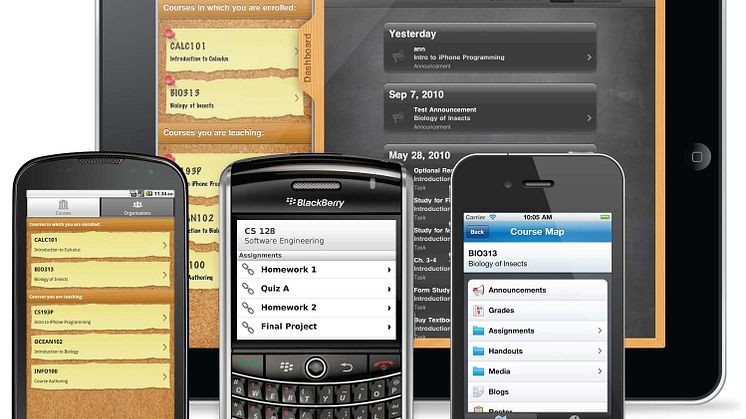
Press release -
Research shows how online reviews are taking over the consumer marketplace
When it comes to booking a summer holiday or eating out for the first time at a swanky-looking restaurant, online customer reviews are now carrying greater clout than most other marketing techniques, according to new research by Northumbria University, Newcastle.
 Dr Raffaele Filieri, senior lecturer in the marketing department at Newcastle Business School, has recently produced a paper on the importance of these online reviews for consumers to evaluate product quality.
Dr Raffaele Filieri, senior lecturer in the marketing department at Newcastle Business School, has recently produced a paper on the importance of these online reviews for consumers to evaluate product quality.
The study, which has been published in the Journal of Travel Research, shows that many people don’t even look at the review content and instead use the overall star ranking of the product, such as a hotel or restaurant, to affect their decision.
Dr Filieri also suggests in his research that the “credibility” of online sources is rarely taken into account. If a consumer’s relatives or friends are not available to endorse the product, an anonymous source is perfectly acceptable in these cases.
“For a specialist, small business that positive review means a lot – it means money,” said Dr Filieri. “Only a very limited number of people check the credibility of a reviewer and so my results show that credibility is not important for consumer decisions.
“What they want to get is information – they want to know how other people have assessed the product or service. The number of reviews is not particularly important either. Very few consumers will read more than six reviews before making the decision to buy a product or service – what’s important is the overall rankings.
“It is paramount for marketers to understand what makes online consumer reviews helpful and how this process affects their decisions. If you have a good product then this way the customer can do the marketing for you. This is proving much more effective than spending millions of pounds on advertising. “
Dr Filieri cited the growing importance of sites such as TripAdvisor in travellers’ decision-making as an example.
“More and more restaurant owners are asking customers to review them on TripAdvisor,” he said. “They have adopted a strategy which is very effective and rewarding for their business. Hotels or restaurants have been known to offer vouchers or refunds if the customer is willing to remove a negative review from the likes of TripAdvisor.”
The results of Dr Filieri’s study have important implications for marketing managers in a variety of industries.
Marketers of the reviewed products can use the ratings and ranking from popular and independent review websites, such as TripAdvisor, to leverage their popularity and to influence the opinions of potential customers about the quality of their products.
Dr Filieri used the example of Kia Motors who used more than 10,000 consumer reviews to build their ‘Reviews and Recommendations’ TV advert in 2014. Because a large number of customers trust online reviews more than branded communications, Dr Filieri believes including reviews and ratings into the marketing mix could help companies build a trustworthy reputation by using the customer’s voice.
Details of the publication:
Filieri, R. (2015). What makes online reviews helpful? A diagnosticity-adoption framework to explain informational and normative influences in e-WOM. Journal of Business Research, 68(6), 1261-1270.
Topics
Categories
Northumbria is a research-rich, business-focussed, professional university with a global reputation for academic excellence. To find out more about our courses go towww.northumbria.ac.uk
If you have a media enquiry please contact our Media and Communications team at media.communications@northumbria.ac.uk or call 0191 227 4571.





